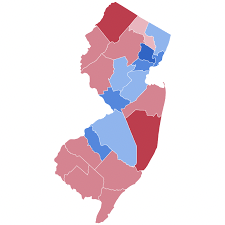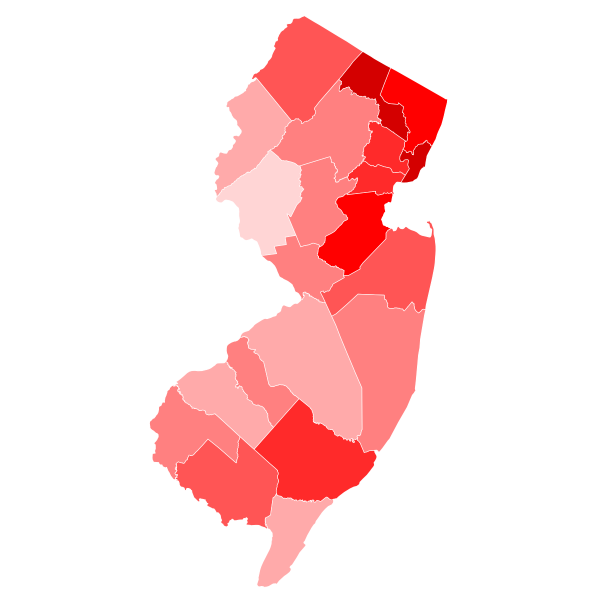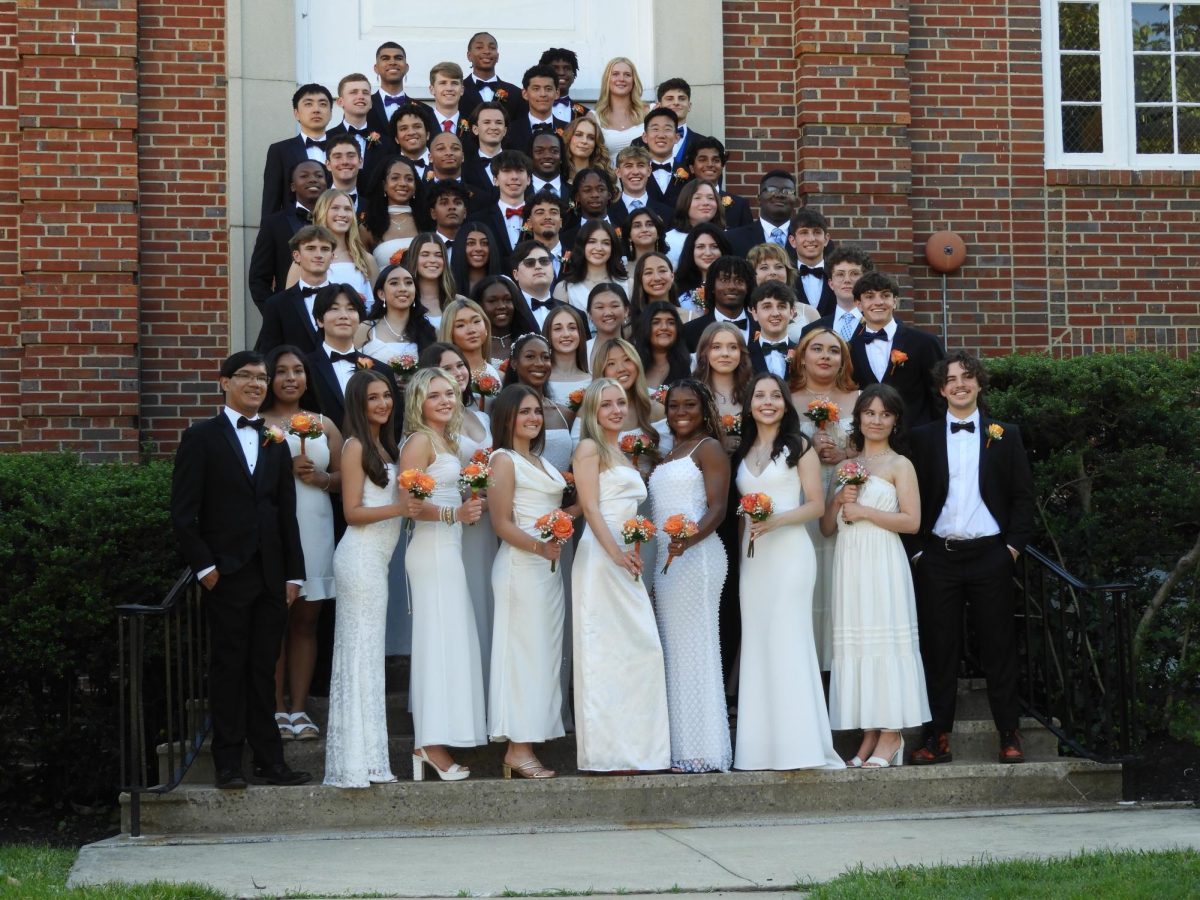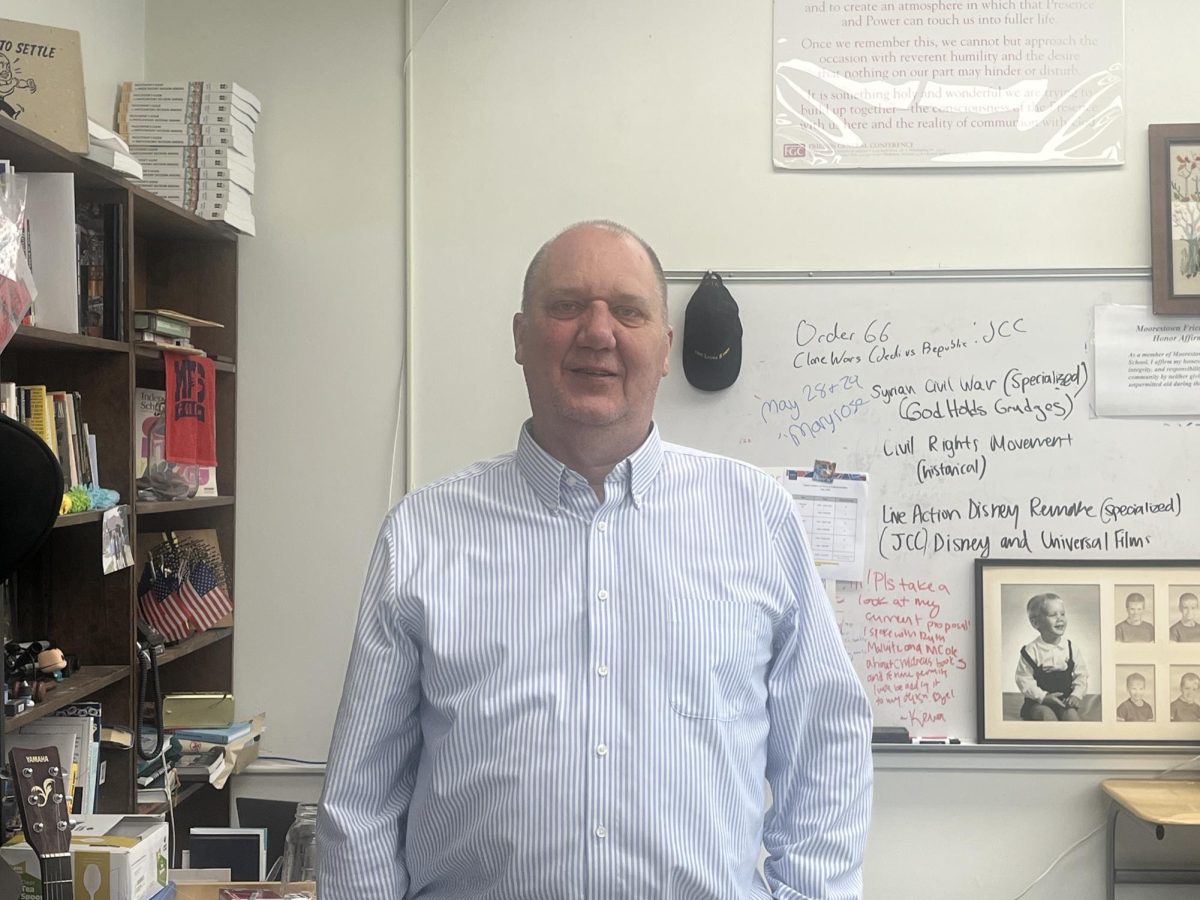On Election Day, Kamala Harris won New Jersey with 51.7% of the popular vote, securing the state’s 14 electoral votes, according to AP News. Though the Democratic nominee held the majority in the state over Trump, the difference in votes received between the two candidates was shockingly narrower than the result predicted by polls in the weeks and months leading up to the election, as most polls predicted closer to a 60 to 40 percent split in favor of Harris.

The slim margin of victory led by Harris also defied the traditionally held notion regarding New Jersey’s trend of voting for the Democratic nominee. While the reasons for the state’s weaker allegiance to the Democratic Party this presidential election cycle is almost certainly multifaceted, data demonstrates that Republican voters were able to gain a majority not only in New Jersey’s traditional “battleground” counties, but also in counties that have almost always leaned left throughout the state’s electoral history.
Seven counties that had previously voted Democratic in the 2020 Presidential election flipped to having a Republican majority in this year’s election results. These counties are Gloucester, Passaic, Atlantic, Morris, Cumberland, Hunterdon, and Monmouth. In all of the fourteen remaining counties that Harris won, she held a notably slimmer majority than that held by Biden in 2020, according to NJ.com. Thus, the narrowing of the margin between the number of votes cast for the Democratic and Republican Presidential nominees was not limited to a specific subset of counties or even a larger region in New Jersey; all twenty-one counties experienced a shift benefitting Republicans.

Leading up to the election, it was widely believed that Harris would capture a large, definitive majority of the votes cast in New Jersey. In mid-October, the Rutgers University Egleton Center for Public Interest Polling predicted that Harris would secure about 53% of the total vote in New Jersey, while Trump would only capture 36%. ActiVote published similar predictions in October, forecasting a 57% to 43% split in favor of Harris. Even by early November, Research Co. maintained the belief held by previous predictions that Harris would win by a wide margin, putting forth that Harris would take 57% of the votes while Trump would secure 40%. While all of the polls are noticeably similar to one another in their respective predictions, they all differ significantly from the 52% to 46% split observed in the results late Tuesday night.
While the impetus for such a difference between the actual results and the projections made by the aforementioned polls is not widely agreed upon by political analysts, MFS students point to several reasons why the state saw such a narrow margin this election cycle and what that signifies for future electoral outcomes in New Jersey.
Ali Sabir ’26, who serves as a campaign intern for Senator-Elect Andy Kim, analyzed New Jersey’s results for the Presidential Election from Kim’s election night ceremony as they were coming in on Tuesday. He offered some key insights into what he believes contributed to a more Republican-leaning outcome.
“I think folks are tired of career politicians, worried about issues they see in the media such as immigration, and reeling from the pandemic and its economic aftermath,” Sabir said. “Inflation rates slowing down doesn’t mean deflation back to the past, and while the pandemic may feel like long ago, it still lingers in the minds of some Americans.”
Working on Kim’s campaign has had a particular influence on Sabir’s perception of the election results in New Jersey, as well. He stressed that the public persona that candidates exert is particularly critical.
“It’s also important to note that Andy Kim outran Kamala by a massive margin, which could be used to support a narrative of voters rejecting what they saw as a career politician who’s not working for them, in contrast with Andy’s image as a reform and anti-corruption candidate,” Sabir said.
New Jersey, with respect to other states throughout the nation, is among the most demographically diverse.
“There’s a large Arab and Muslim community in New Jersey – amongst the largest in the nation I believe. While I cannot attest to seeing this as a widespread phenomenon myself, we know for a fact that in Dearborne, Michigan, voters belonging to these demographics and others who care about the Gaza issue voted to punish Democrats,” said Sabir.
Other students pointed towards the campaigning process as a point that positioned the Republican Party for electoral success in New Jersey.
Arjun Khandhar ’27, who has involved himself in the election process by organizing a voter registration drive, said, “I think Kamala held such a narrow margin of victory in contrast to previous elections because of the way the Democratic Party campaigned this election. I think that the Republicans did an effective job of focusing campaigning on addressing flaws in the nation and showing how their policies in previous elections worked stronger than those of the Democrats.”
Khandhar described the importance of policies, especially those related to the economy, as being critically important to voters.
“The Democratic Party centralized their ads on the controversies associated with Trump, but when it comes to an election, people care about policies and the state of the economy more,” Khandhar said.
Some students observed other factors at play this election cycle as well – namely, an ability to appeal to a select demographic and the candidate’s relationship with what is perceived as the political status quo, or the lack of change on the federal government’s agenda.
Andrew Zhou ’25, who cast a vote for the first time this election cycle, said, “I think the reason for Harris’s small margin of victory in New Jersey is the same reason New York and California were a lot closer than people thought and the same reason why she lost: Harris wasn’t a strong candidate, she didn’t have bold promises, and the Trump campaign was able to target young male voters which had previously been untargeted.” He added, “To be quite frank, I don’t think Harris campaigned for any policies other than what the Biden administration already had going. She felt more like an extension of the Democratic Party rather than a true Presidential candidate.”
Zhou also pointed towards the role of ethics in this election cycle, and how they were weighed against more tangible concerns held by the voting population. He said, “This election has proved that the average American doesn’t care for ‘higher’ human ethics such as civil rights, etc. The average American wishes for a better quality of life for themselves, even if it is selfish.”













